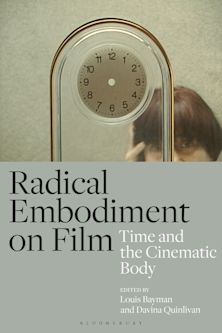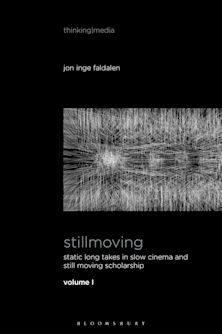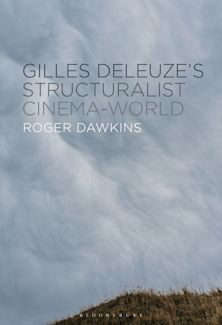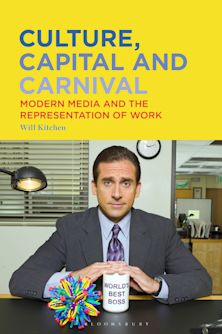Agency and Imagination in the Films of David Lynch
Philosophical Perspectives
Agency and Imagination in the Films of David Lynch
Philosophical Perspectives
This product is usually dispatched within 3 days
- Delivery and returns info
-
Free US delivery on orders $35 or over
Description
Agency and Imagination in the Films of David Lynch: Philosophical Perspectives offers a sustained philosophical interpretation of the filmmaker’s work in light of classic and contemporary discussions of human agency and the complex relations between our capacity to act and our ability to imagine. With the help of the pathological characters that so often leave their unforgettable mark on Lynch’s films, this book reveals several important ways in which human beings fail to achieve fuller embodiments of agency or seek substitute satisfactions in spaces of fantasy. In keeping with Lynch’s penchant for unconventional narrative techniques, James D. Reid and Candace R. Craig explore the possibility, scope, and limits of the very idea of agency itself and what it might be like to renounce concepts of agency altogether in the interpretation and depiction of human life. In a series of interlocking readings of eight feature-length films and Twin Peaks: The Return that combine suggestive philosophical analysis with close attention to cinematic detail, Reid and Craig make a convincing case for the importance of David Lynch’s work in the philosophical examination of agency, the vagaries of the human imagination, and the relevance of film for the philosophy of human action. Scholars of film studies and philosophy will find this book particularly useful.
Table of Contents
1. “I Wanna Finish This One My Own Way”: Strong Agency in The Straight Story
2. From Pasture to Hellhole: Weak Agency and Industry in Eraserhead
3. Imaginative Recognition and Transfiguration in The Elephant Man
4. Knowledge, Agency, and Violence in Blue Velvet
5. Agency and Identity in Wild at Heart
6. “You’ll Never Have Me”: Agents Apart in Lost Highway
7. “It’s No Longer Your Film”: Fantasy, Fate, and Agency in Mulholland Dr.
8. “My Wife is Not a Free Agent”: Agency Lost in INLAND EMPIRE
9. Agency Regained in Twin Peaks: The Return, or Myths of Overreaching
Epilogue
Product details
| Published | Jul 15 2021 |
|---|---|
| Format | Paperback |
| Edition | 1st |
| Extent | 280 |
| ISBN | 9781498555951 |
| Imprint | Lexington Books |
| Dimensions | 8 x 6 inches |
| Series | Cine-Aesthetics: New Directions in Film and Philosophy |
| Publisher | Bloomsbury Publishing |
Reviews

ONLINE RESOURCES
Bloomsbury Collections
This book is available on Bloomsbury Collections where your library has access.



































